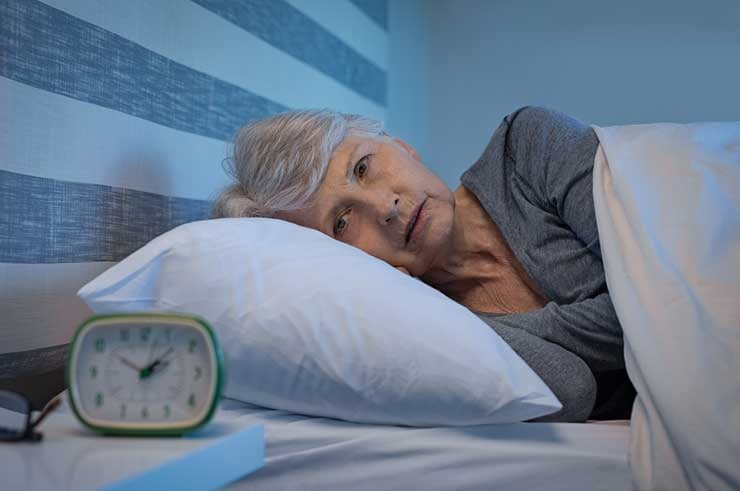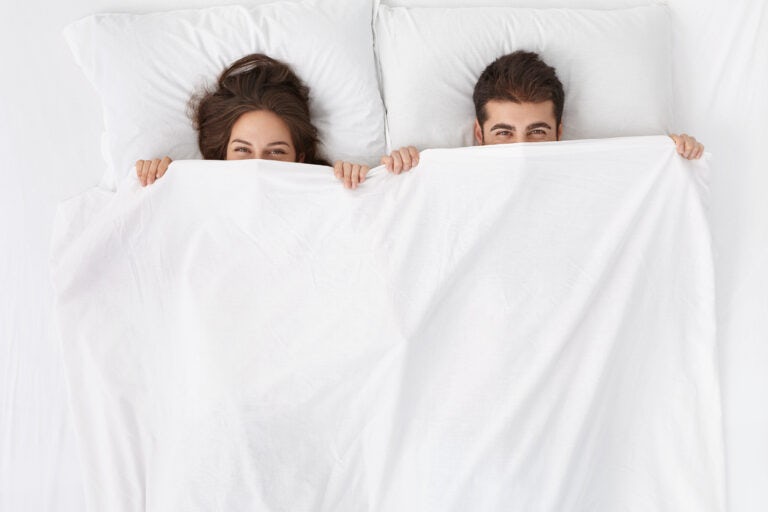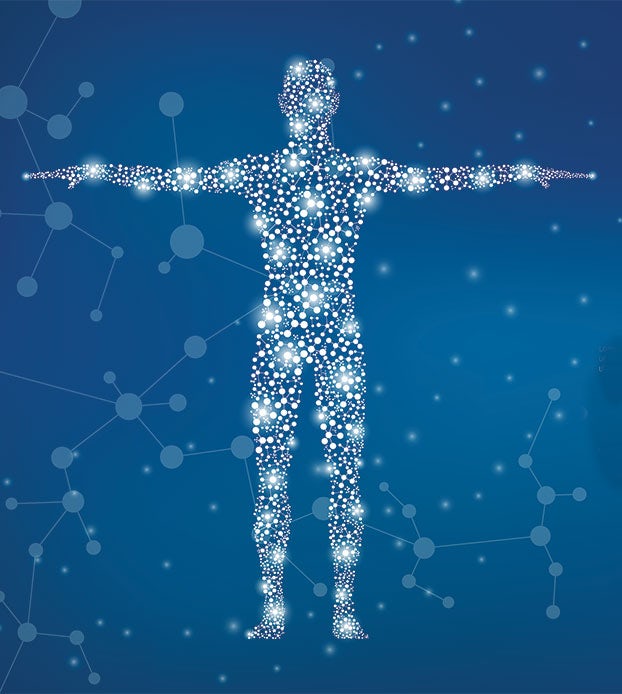Cannabis can be an effective sleep aid, but its efficacy in helping patients get a good night’s sleep must be weighed against its potential long-term effects on REM sleep, according to a leading sleep expert.
Dr. Daniel Barone is the Associate Medical Director for Sleep Center at Cornell Medical Center in New York and the author of “Let’s Talk about Sleep: A Guide to Understanding and Improving Your Slumber.”
Last week, he took part in a webinar on the topic hosted by The Cannigma and its medical director, Dr. Roni Sharon, also a neurologist who practices in New York and Israel.
➤ Get your medical card now with The Cannigma Medical
Asked by Dr. Sharon whether cannabis is good for sleep, Barone explained the complexity of the issue.
“Marijuana, when you use it chronically in any form, it actually is a REM inhibitor,” Dr. Barone said, noting that when chronic marijuana smokers suddenly stop they tend to have intense, vivid dreams. “Up to that point, you had been suppressing REM sleep and now it’s trying to come on full force and [you] get REM rebound.”
Nobody knows what the long-term consequences of suppressing or being deprived of REM sleep — or how to weigh that risk against the benefits of being able to sleep at all with the help of cannabis, he explained.
REM refers to rapid eye movement sleep, which is a phase during mammal and bird sleep during which the eyes move rapidly and the person sleeping is prone to dream vividly. A 2017 article in the Journal of Neuroscience found that REM sleep can have an effect on our ability to process fear and trauma.
Very deep sleep allows the brain “to kind of filter out and get rid of the waste products that have built up,” Dr. Barone explained in the webinar. The build up of these “toxic byproducts” in people who are chronically sleep deprived can lead to health conditions like Alzheimer’s.

Ultimately, Barone said that while we don’t know the long-term neurological consequences of regular marijuana use, “I would rather my patients sleep than not. So if it’s working for you and the person feels good — I’m not necessarily going to prescribe it, but if you’re taking it and it’s working for you, know the risks.”
During the coronavirus lockdown in New York City, Dr. Barone has, like countless other healthcare professionals, adapted his practice to telemedicine. He has also been on standby at a local ER to help out if needed. Asked by Dr. Sharon if he’s seeing an increase in people having trouble sleeping due the pandemic, Dr. Barone said it’s a bit more complicated than that.
“I found it to be about half and half. Some of my patients, I think because they’re not commuting, don’t have the same pressure as far as going into an office — some of them are actually sleeping better,” Dr. Barone said. “Whereas, others are just focused on the news and whatever else and I think that that’s making them have worse insomnia.”
Dr. Barone is a big believer in “sleep hygiene,” that is, daily habits and practices that can make us more able to have a good night’s sleep when we turn in for the night.
Dr. Barone said he always tells his patients, “if you haven’t tried anything yet, the first step would be to improve your sleep habits and maybe try a naturopathic concoction such as melatonin.” If such a medication is taken in conjunction with good sleep habits, “it’ll definitely help to some degree.”
Dr. Sharon echoed this sentiment, saying that he tells his patients that the solution isn’t simply a matter of just taking some medication.
“As a chronic pain specialist, 90% of my job is doing exactly what you’re describing here — telling people how to live their lives better,” Dr. Sharon said, adding that it’s an uphill battle “because people prefer the easy way out.”
But there’s another largely harmless side effect of marijuana that the doctors say could potentially affect sleep: “the munchies,” if it results in weight gain, that is.
“Sleep and weight gain have this interesting bi-directional relationship,” Barone said, adding that “when weight gain happens then there’s a higher risk for things like obstructive sleep apnea and it becomes this vicious cycle. So what I would say is you got to be careful about weight for sleep apnea itself, but also this whole notion of how we sleep chronically also plays a role in how, how much we weigh and how our body is able to metabolize food.”
Several medical studies over the past decade have found that marijuana users actually have lower BMI and lower rates of obesity than non-users.
Ultimately though, like with other medications, using cannabis requires a cost-benefit analysis, in which the patient and their prescribing physician must look at the possible side effects of the treatment.
For Barone, “that big question we keep asking is: Is it better to not sleep or to sleep with something that’s potentially harmful? Nobody knows the answer to that.”
One thing that is for certain, he concluded, “it’s always better to sleep.”
Disclosure: This article contains references to products from one or more of our affiliates or advertisers. This means that, at no cost to you, we may receive compensation when you click on links to or purchase those products.
Sign up for bi-weekly updates, packed full of cannabis education, recipes, and tips. Your inbox will love it.

 Shop
Shop Support
Support
















